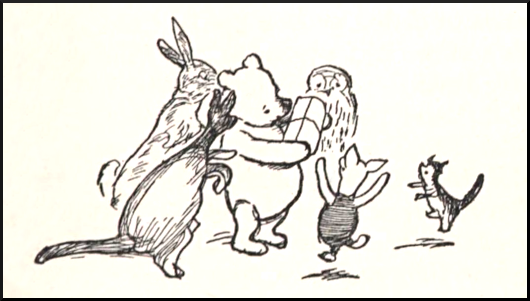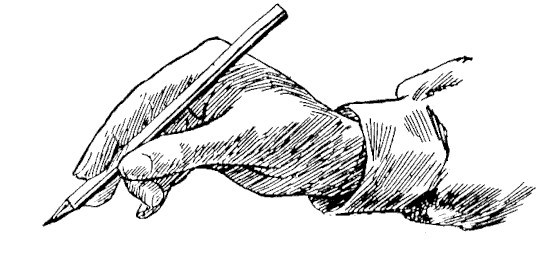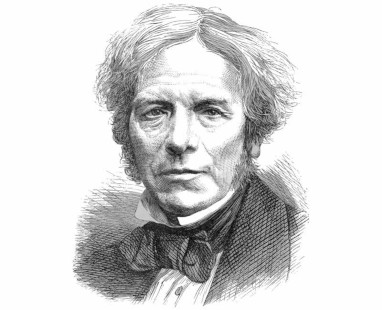P. G. Wodehouse? George Bernard Shaw? Smallwood Bessemer? Bob Chieger? Anonymous?

Question for Quote Investigator: A famous wit once offered the following piece of self-contradictory advice: Never take advice. Another prominent humorist offered a similar piece of oxymoronic guidance: Never give advice. Would you please help me to find these citations together with the correct phrasings?
Reply from Quote Investigator: In 1894 critic and playwright George Bernard Shaw sent a letter of instruction to the neophyte critic Reginald Golding Bright. Boldface added to excerpts by QI:1
Write a thousand words a day for the next five years for at least nine months every year. Read all the great critics—Ruskin, Richard Wagner, Lessing, Lamb and Hazlitt. Get a ticket for the British Museum reading room, and live there as much as you can. Go to all the first rate orchestral concerts and to the opera, as well as to the theatres.
Shaw provided a long series of additional recommendations, but he finished by comically flipping the entire discourse:
Finally, since I have given you all this advice, I add this crowning precept, the most valuable of all. NEVER TAKE ANYBODY’S ADVICE.
Below are additional selected citations.
Continue reading “Quote Origin: I Always Advise People Never To Give Advice”

 ” which critically examined recent research efforts. The title included a parrot emoji. Boldface added to excerpts by QI:
” which critically examined recent research efforts. The title included a parrot emoji. Boldface added to excerpts by QI:





